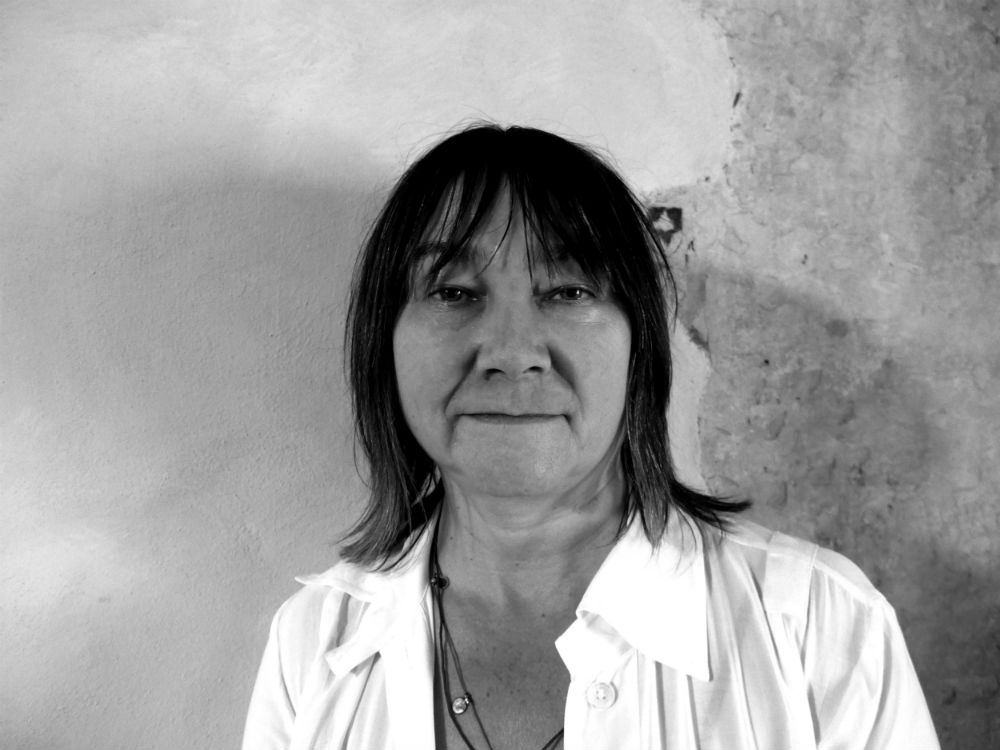
“We are increasingly being asked to divide ourselves […] there is no divide there is no difference between us..” – Ali Smith is describing the current political climate that has informed much of her latest book, Spring.
Like Autumn and Winter before it, the third book in her seasonal quartet is one rooted very much in the now. It’s surprising then to hear Smith admit that she’s been planning these books for twenty years.
When pressed by chair Jess Orr on whether it would have been possible to write these books at any other time, Smith admits that it probably wouldn’t have been, explaining: “Books choose us.”
Smith begins with a reading from the novel, a passage she describes as “Horrible, right wing invective” that is supposed to be “A version of the language around us today.”
The characters of Spring are after all, wrestling the looming shadow of Brexit and all the division and uncertainty this sows.
Despite its ultra contemporary setting, Smith explains how the passage begins with a sentenced borrowed from Dickens’ Hard Times.
She explains: “Hard Times is about the industrialisation of us and it matches the way that we are being used by new industries […] the machine has never gone away.”
Much like Dickens, in her latest novel Smith concerns herself with social commentary as the book takes the migrant crisis for its focus.
But as the novel’s title suggests, there is the promise of change and Smith herself seems hopeful and optimistic.
Discussing technology, an often maligned feature of modern life, Smith finds opportunity for new forms of self expression asking: “How can I properly use my phone, the technology rather than it use me?”
The younger generation are also a source of hope for Smith. In Spring, the character of Florence, a young girl based on Marina from Shakespeare’s Pericles is the humanising presence in the novel.
Outside the novel, Smith talks passionately about the positive impact of youth activism on global warming, calling Greta Thunberg “A lightning conductor for all their voices”.
In the face of a global catastrophe such as climate change, political divisions become more meaningless than ever, Smith asserts:
“If we are talking dominant narrative, Brexit get lost. This is nothing to the great change that will be coming when Global Warming changes the world, and the question about who gets which resources… We need to solve this humanly.”
In other words, unity not division is what will see us through.
It’s a concept that plays out in Smith’s literary work, as she blends literary forms to stunning effect in Spring. Smith’s poetic prose is a conscious choice, as she explains:
“The most exciting thing to happen in any of the arts is when that form opens to another form. All the arts feed all the other arts, and they feed them really nourishingly. The notion of fertility multiplies when one art rubs against another.”
Just as Spring is a chorus of voices against a backdrop of division, we too should all come together.
After all, as Smith says: “There is no them, there is no stranger, there is only us.”

